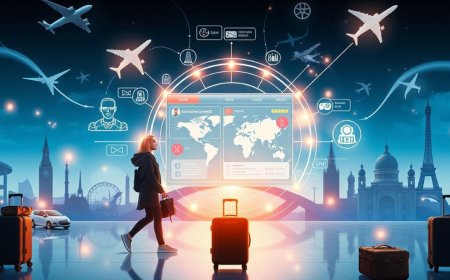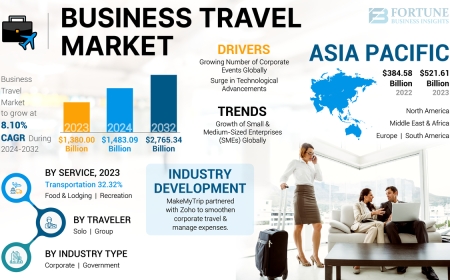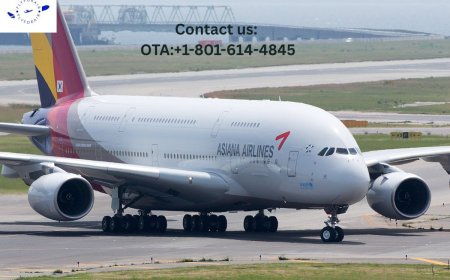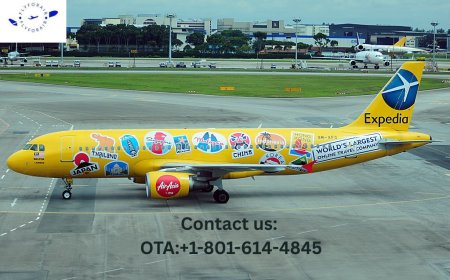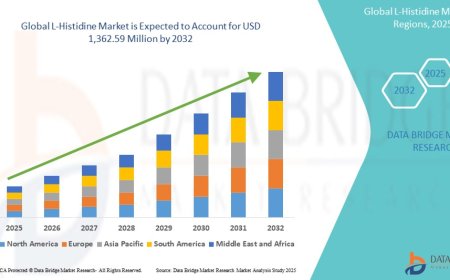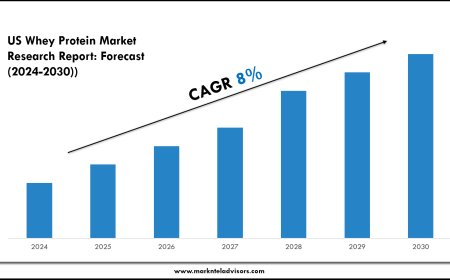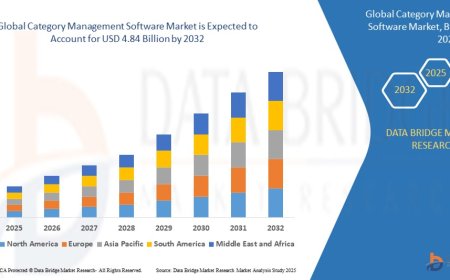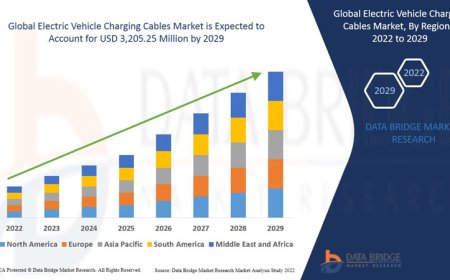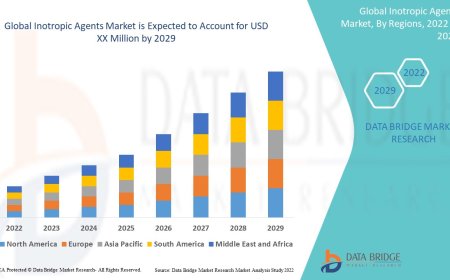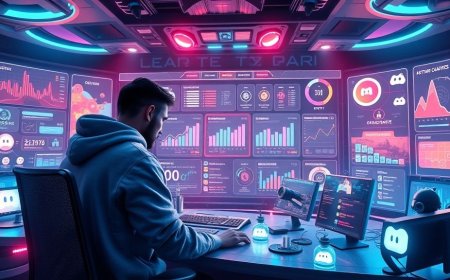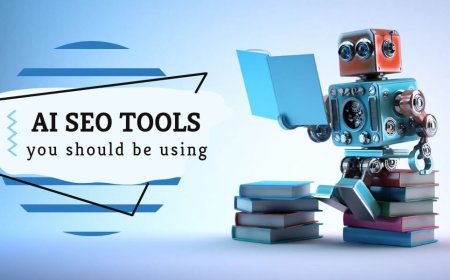How AI Lead Generation is Transforming the USA Travel Industry
Discover how AI lead generation is revolutionizing the USA travel industry with 146% lead increases, 35% conversion improvements, and 4.5X ROI. Explore chatbots, personalization, and automation transforming travel marketing

The American travel industry is experiencing a revolutionary transformation as artificial intelligence reshapes how companies attract, engage, and convert potential customers. From sophisticated chatbots that never sleep to predictive analytics that anticipate traveler needs, AI lead generation is becoming the cornerstone of successful travel marketing strategies, delivering unprecedented results and fundamentally changing the customer acquisition landscape.
The Rise of AI-Powered Customer Acquisition
Industry-Wide Adoption and Results
AI lead generation has moved from experimental technology to essential business infrastructure in the travel sector. Companies utilizing AI-powered lead generation tools report an average increase of 35% in booking conversion rates, while travel businesses implementing AI solutions see up to 50% improvement in lead generation effectiveness. This dramatic impact has made AI adoption a top priority, with 46% of travel sector leaders citing generative AI as their primary focus for 2025.
The transformation is particularly evident in customer engagement metrics. Travel companies using AI chatbots and virtual assistants report handling 89% of customer inquiries automatically, while maintaining customer satisfaction ratings of 4 out of 5 stars. These AI-powered systems operate around the clock, capturing leads that would otherwise be lost during off-hours and ensuring no potential customer inquiry goes unanswered.
Chatbots: The 24/7 Lead Generation Powerhouse
Revolutionizing Customer Interactions
AI chatbots have emerged as the front line of travel lead generation, fundamentally changing how companies interact with potential customers. These sophisticated virtual assistants can qualify leads, provide instant responses to travel inquiries, and guide customers through the booking process with remarkable efficiency.
Luxury Escapesprovides a compelling success story, recording over $300,000 in sales within just 90 days of implementing their AI chatbot, achieving conversion rates three times higher than their standard website. This success demonstrates how AI chatbots can transform passive website visitors into active leads and bookings.
Modern travel chatbots excel at lead qualification by asking pertinent questions about budget, travel dates, destination preferences, and group size. This automated screening process ensures that sales teams receive only high-quality, pre-qualified leads, improving efficiency and conversion rates. Companies report a 50% reduction in unqualified leads reaching their sales teams after implementing AI chatbot qualification systems.
Cross-Platform Integration
The most successful AI chatbot implementations extend beyond company websites to include WhatsApp, Facebook Messenger, and other popular communication platforms. This multi-channel approach ensures that travel companies can engage potential customers wherever they prefer to communicate, maximizing lead capture opportunities across all digital touchpoints.
Personalization at Scale
AI-Driven Recommendation Engines
One of AI's most powerful contributions to travel lead generation is its ability to deliver hyper-personalized experiences at scale. AI recommendation engines analyze vast amounts of customer data, including browsing history, past bookings, search patterns, and even social media engagement, to create tailored travel suggestions that resonate with individual preferences.
Travel companies leveraging AI for personalization report 30% increases in customer engagement, as travelers respond positively to recommendations that feel custom-tailored to their interests. When an AI system identifies that a customer frequently books beach destinations, it can proactively suggest similar coastal resorts or tropical getaways, significantly increasing the likelihood of conversion.
Dynamic Content Creation
AI tools now enable travel marketers to create personalized content in minutes rather than hours. The American Marketing Group's AI Connect platform allows travel advisors to generate customized social media captions, blog posts, and landing pages while learning each advisor's unique tone and brand style. This capability enables smaller travel agencies to compete with larger companies by producing professional marketing materials at scale.
Advanced Lead Qualification and Scoring
Predictive Analytics in Action
AI systems excel at identifying high-intent travelers before they even realize they're ready to book. By analyzing behavioral patterns, search activity, and engagement metrics, AI can predict when a potential customer is most likely to convert and trigger targeted outreach at the optimal moment.
House of Tours, a travel company working with Haptik's conversational AI platform, achieved a remarkable 146% increase in lead generation and improved their conversion ratio from 37% to 83%. The AI system generated a 4.5X return on investment while handling 75% of customer queries end-to-end and partially handling another 20%, achieving 89% total automation.
Machine learning algorithms continuously analyze customer interactions to improve lead scoring accuracy. These systems consider factors such as time spent on destination pages, frequency of price checks, social media engagement with travel content, and response patterns to marketing communications to create comprehensive lead quality scores.
Revolutionary Booking Experiences
AI Agents Transforming Complex Bookings
The travel industry's most complex booking scenarios are being revolutionized by AI agents capable of handling intricate itineraries.oneworld airline alliancerecently introduced an AI tool that simplifies "Round the World" travel booking, resulting in a five times higher conversion rate for these traditionally complex multi-destination trips.
This neuro-symbolic AI architecture can process millions of potential flight combinations across hundreds of destinations, presenting customers with optimized itineraries based on their preferences. The system handles everything from initial planning to final booking, demonstrating how AI can make previously intimidating travel planning accessible and enjoyable.
Marketing Automation and Campaign Optimization
Real-Time Campaign Management
AI-powered marketing automation has transformed how travel companies manage their customer acquisition campaigns.Sojern, a leader in travel marketing technology, manages over 30,000 advertising campaigns simultaneously, targeting more than 350 million unique active travelers monthly. Their AI system maintains over 400,000 taxonomic audiences and updates these audiences 800 million times daily, enabling real-time targeting based on traveler behavior.
This level of automation and optimization allows travel companies to:
-
Adjust advertising spend in real-time based on performance
-
Target travelers within seconds of their online actions
-
Optimize campaigns using approximately 1 billion daily predictions
-
Deliver personalized messages at the precise moment of peak intent
Segmentation and Targeting Excellence
AI enables travel marketers to move beyond broad demographic targeting to behavior-based segmentation. Instead of targeting anyone interested in "Mexico travel," AI systems can identify high-intent travelers actively planning specific types of trips, considering factors like past booking behavior, search activity, and real-time engagement patterns.
Cross-Channel Lead Nurturing
Omnichannel AI Engagement
Modern AI lead generation systems excel at maintaining consistent communication across multiple channels. Travel companies deploy AI across websites, mobile apps, email campaigns, social media platforms, and messaging applications to create seamless customer journeys.
Paradise Resortachieved 12% more direct bookings and 82% WhatsApp engagement rates by implementing HiJiffy's AI-automated messaging system. The platform consolidates all messaging channels into one interface, enabling faster response times while maintaining personalized communication across all touchpoints.
Revenue Impact and ROI
Measurable Business Results
The financial impact of AI lead generation in travel is substantial and measurable. Companies implementing AI solutions report:
-
Revenue growth potential of 15-20% when fully leveraging AI analytics
-
ROI improvements reaching 4.5X for properly implemented systems
GHT Hotelsgenerated 733,000 in additional revenue while automating 89% of customer inquiries through their AI chatbot implementation. This demonstrates how AI can simultaneously improve customer service quality and drive significant revenue growth.
Dynamic Pricing and Revenue Optimization
AI-Powered Pricing Strategies
AI systems excel at dynamic pricing optimization, analyzing historical data, current market trends, competitor pricing, and demand patterns to adjust rates in real-time. This capability allows travel companies to maximize revenue while remaining competitive, with airlines reporting up to 5% revenue increases through AI-powered pricing optimization.
The technology considers multiple variables simultaneously, including seasonality, local events, weather patterns, and booking velocity to recommend optimal pricing strategies that balance occupancy and profitability.
Future Trends and Emerging Technologies
Next-Generation AI Capabilities
The travel industry is rapidly evolving toward more sophisticated AI applications. Generative AI tools are expected to reach a $4.5 billion market value in the travel sector by 2026, while the overall AI market for tourism is projected to grow from $888 million in 2025 to nearly $10 billion by 2033.
Emerging trends include:
-
Autonomous AI agents capable of completing entire booking transactions
-
Integration with digital identity systems for seamless personalization
-
Voice-activated travel assistants for hands-free planning
-
Predictive maintenance and logistics optimization
-
Real-time sentiment analysis for reputation management
Implementation Challenges and Solutions
Overcoming Common Obstacles
While AI lead generation offers tremendous benefits, successful implementation requires addressing several challenges. Data quality remains crucial, as AI systems require rich, diverse datasets to function effectively. Companies must invest in proper data collection, cleaning, and integration processes to maximize AI performance.
Integration with existing systems poses another challenge, particularly for established travel companies with legacy technology infrastructure. However, modern AI platforms are designed with integration capabilities that allow seamless connection to CRM systems, booking engines, and marketing automation tools.
Training staff to work alongside AI systems is essential for success. Rather than replacing human agents, AI should augment their capabilities, handling routine inquiries while escalating complex issues to human experts who can provide the personal touch that builds lasting customer relationships.
Conclusion: The AI-Powered Future of Travel Lead Generation
AI lead generation has fundamentally transformed the USA travel industry, creating unprecedented opportunities for customer acquisition and engagement. From chatbots that never sleep to predictive analytics that anticipate customer needs, these technologies are enabling travel companies to deliver personalized experiences at scale while achieving remarkable improvements in conversion rates and revenue growth.
The evidence is clear: companies embracing AI lead generation are outperforming their competitors across every meaningful metric. With 146% increases in lead generation, 5X improvements in complex booking conversions, and ROI improvements reaching 4.5X, AI has proven its value as an essential business tool rather than merely an experimental technology.
As the industry moves toward 2030, AI will continue evolving, with autonomous agents, digital identity integration, and even more sophisticated personalization capabilities on the horizon. Travel companies that invest in AI lead generation today are positioning themselves not just for immediate success, but for long-term competitive advantage in an increasingly digital marketplace.
The transformation is already underway, and the results speak for themselves: AI lead generation isn't just changing how travel companies find customersit's revolutionizing the entire customer acquisition landscape, creating more meaningful connections between travelers and the experiences they seek.




